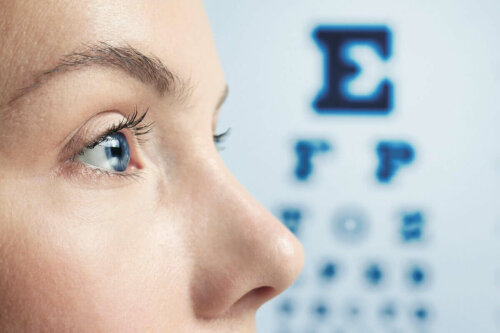How to Find the Right Contact Lenses for Your Needs

Eye problems are becoming increasingly more common due to genetics, lifestyle, and environmental factors. Among these is blurred vision, characterized by difficulty focusing on near objects and distinguishing faces. It’s usually caused by refractive errors like astigmatism and myopia (nearsightedness), thus requiring corrective treatment.
Although eyeglasses are the most common form of prescription eyewear, many also opt for contact lenses due to their key benefits, such as comfort, cosmetic appearance, and a full, focused field of vision for sports and outdoor activities. However, the right choice of contact lenses depends on many factors, so here’s how to find the right contact lenses that meet your vision and lifestyle needs.
Visit your optometrist
Any vision concern must be addressed with the supervision of an optometrist. Aside from identifying your exact prescription, an optometrist can perform an eye exam that ensures you’re eligible for contact lenses in the first place.
For example, your corneal shape and pupil size are key factors in determining the right type and fit of lenses for you. Otherwise, you may experience visual disruptions and even risk worsening your eyesight. Optometrists can also help you try on contact lenses to set realistic expectations for vision correction.

We think you may also enjoy reading this article: Things to Consider When Getting Your Next Pair of Prescription Eyeglasses
Learn about lens options to find the right contact lenses
Although optometrists will likely guide you through different lens options, doing your own research is always a good idea. If you browse online optical retailers, for instance, you’ll find that contact lenses can vary by material, ranging from soft contact lenses that are flexible and moisturized for dry eyes to gas-permeable lenses that are more rigid but provide sharper vision.
Similar to eyeglasses, you can also choose contact lenses that accommodate astigmatism, bifocal, and multifocal prescriptions from brands such as Acuvue and Biofinity.
Consider your comfort and preferences
Another basic consideration is your comfort level, as this will determine whether you need daily disposables, planned replacement lenses that can be removed and then re-worn, or extended wear for overnight use. You should also think about how often you’ll want to use contact lenses: Are they for everyday use, for weekends, or only for special occasions?
Additionally, you might prefer colored contact lenses for aesthetic appeal without compromising vision correction. Some eyewear brands, for instance, have even released sports-friendly colored contacts to help you stay comfortable and achieve a unique look when living an active, outdoor-oriented lifestyle.

Like this article? We think you may also like to read: 7 Tips for Improving Your Vision Naturally Without Surgery
Find the right contact lenses: Choose according to your budget
Lastly, pricing can also play a critical role in selecting the right contact lenses for you. Aside from taking the brand into account, your budget should also account for regular lens replacement and care items like a contact lens solution and case. If you have vision insurance, it helps to go through the policy again to see if there’s full or partial coverage for contact lenses. Online retailers can also provide affordable options and flexible shipping methods as long as you have your updated prescription.
As with any other type of eyewear, contact lenses serve you best when you practice proper care and maintenance. The American Academy of Ophthalmology advises cleaning and rinsing your lenses properly to avoid eye infections and ensure visual clarity. If you ever experience pain or discomfort while wearing them, don’t hesitate to reach out to your eye care provider as soon as possible.
This text is provided for informational purposes only and does not replace consultation with a professional. If in doubt, consult your specialist.








